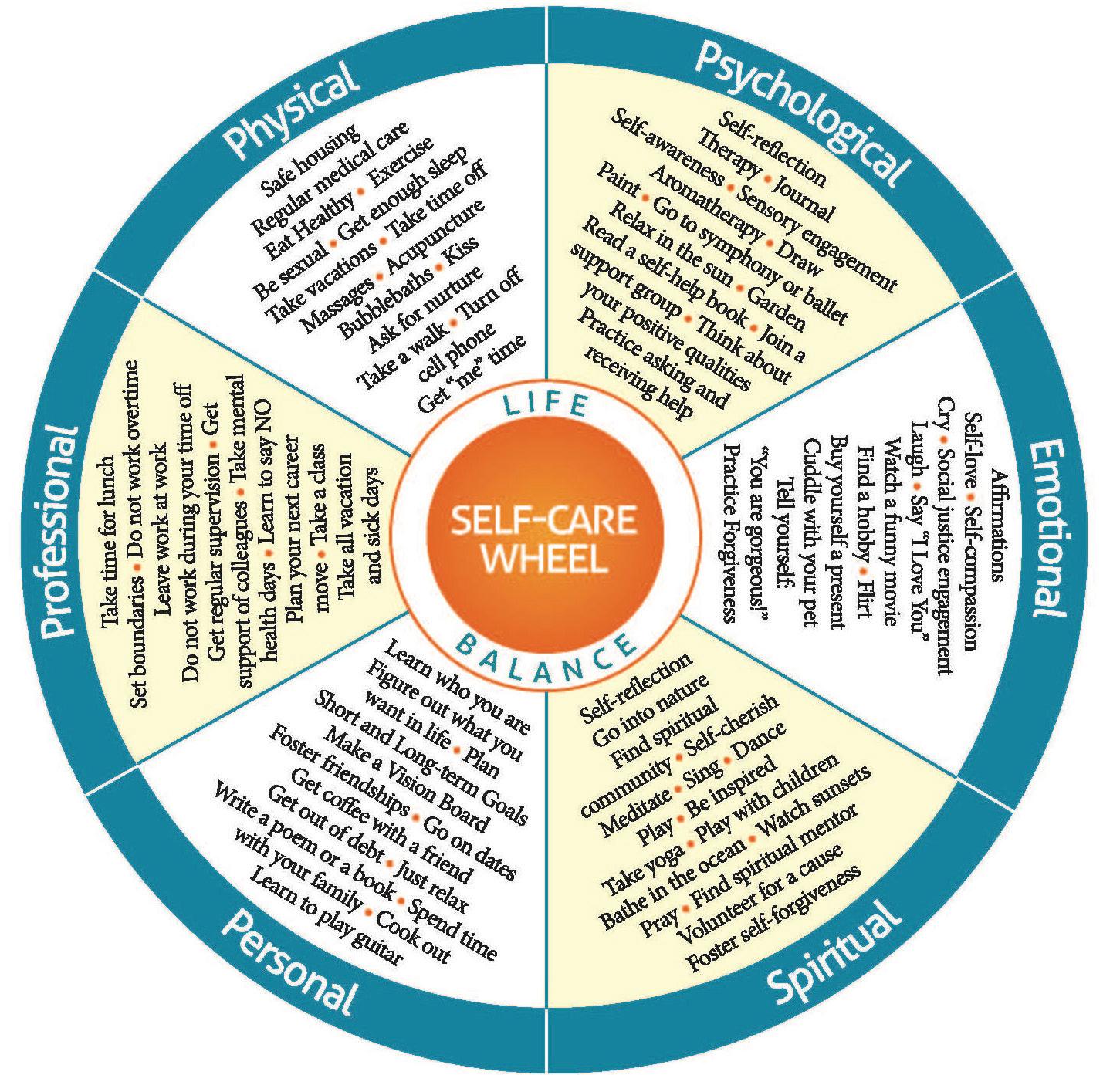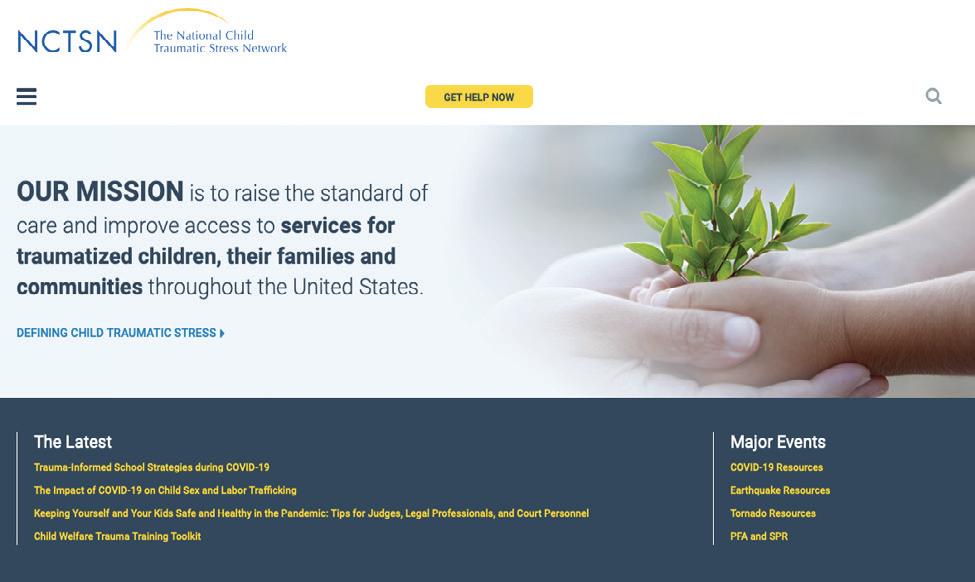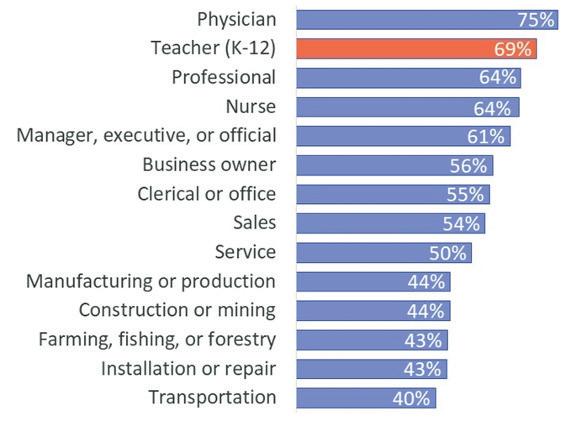Dena Collins General Manager (retired), Personnel Services, Hillsborough County Public Schools, Florida
A
n elevator speech is a 30-second introduction, roughly the length of time you’d have to pitch yourself if you had someone’s undivided attention in an elevator. It’s just enough time to make a great first impression on hiring managers or principals. So why not dazzle them?
Networking and Social Media
Why Teachers Need an Elevator Pitch: 5 Keys to Your 30-Second Intro
According to psychological studies, people make an overall judgment about a person they meet within four seconds. Within 30 seconds, they judge your economic level, education level, social position, level of sophistication, and level of success. Not surprisingly, first impressions can also impact hiring decisions. A survey among members of the American Personnel Consultants indicated that, hiring decisions can be made within the first 30 seconds of an initial meeting. Developing a strong elevator pitch allows you to make that short window of time work for you, not against you. Let’s say you are at an education conference, a job fair, or just sending an email – any scenario where you have contact with a principal or administrator from a school where you would like to teach. The realistic goal isn’t to get hired after 30 seconds, but to land an interview. You can do it. But you have to prepare.
5 Keys to Preparing a Successful Elevator Pitch: 1.
Choose your words well. Use action verbs to effectively paint a picture of what kind of teacher you are– disciplined, forward-thinking, tech-savvy, responsive, etc. Ask your friends how they would describe you. If multiple people use the same words, incorporate these words into your elevator speech.
2.
List your best accomplishments. Don’t try to include everything; you won’t have time. Avoid telling others that you are awesome. Prove it. Talk about how your students’ test scores improved during your internship. Share information about your academic awards, or talk about the time you were quoted in a newspaper article. If a professor loved the way you prepared a particular lesson plan, mention that.
3.
Avoid cliches and meaningless fillers. Rather than saying that you are you a hard worker, say you spent extra time tutoring. Don’t say you are a team player. Instead, say that you came up with innovative ideas that your math peers used in their classrooms. You want to impart concrete information. Use every word wisely.
4.
Rehearse your elevator pitch until it doesn’t sound rehearsed. Those friends you bugged for descriptive words? Give them your elevator speech. Ask them for honest feedback and embrace it. You might overhaul your speech several times or prepare a few different versions, each tailored to a specific situation.
5.
Exude confidence and always smile. Demonstrate your excitement about meeting this person and your gratitude for this new networking opportunity.
With the right preparation and a polished elevator pitch, 30 seconds can help you land your first teaching job.
All About Me - The 30 Second Version
45 American Association for Employment in Education































